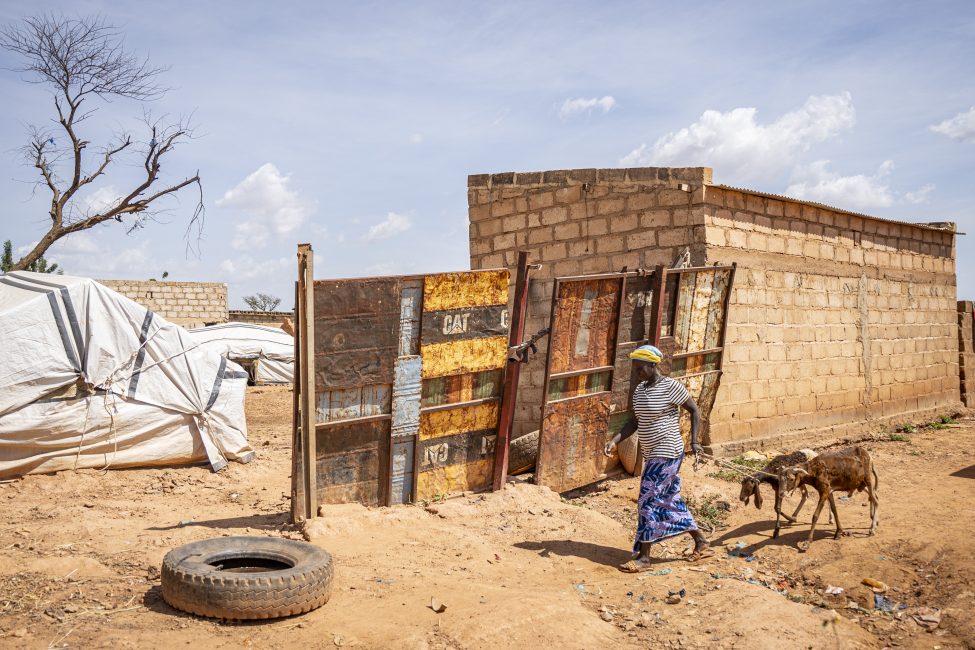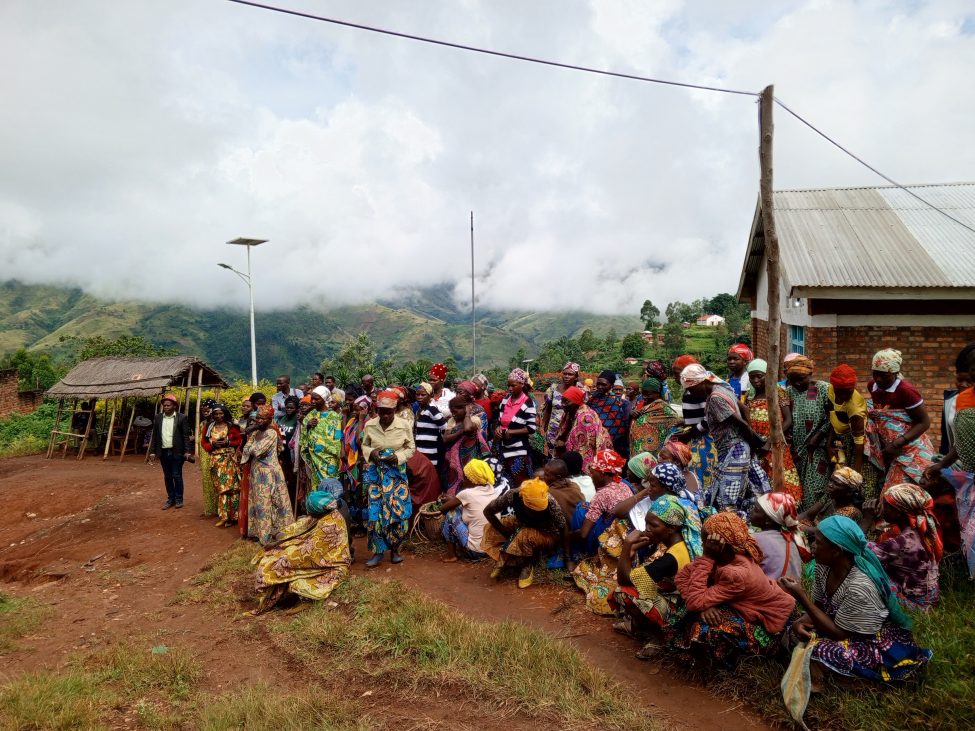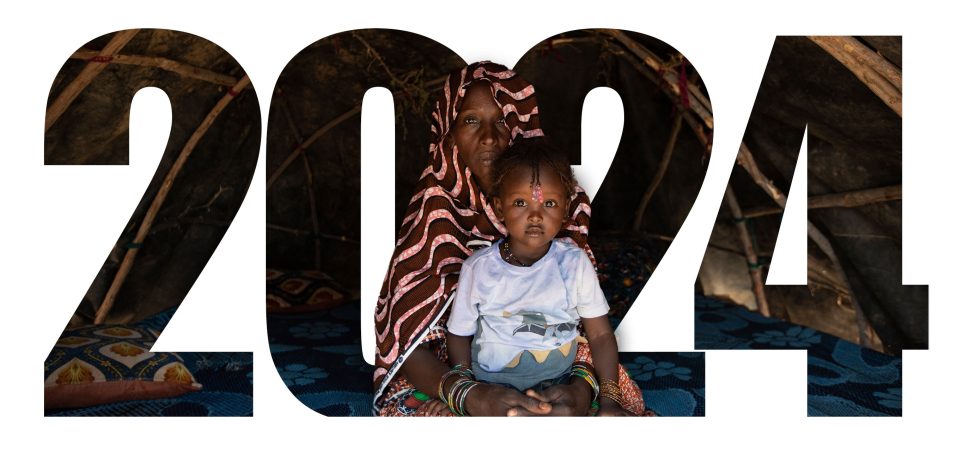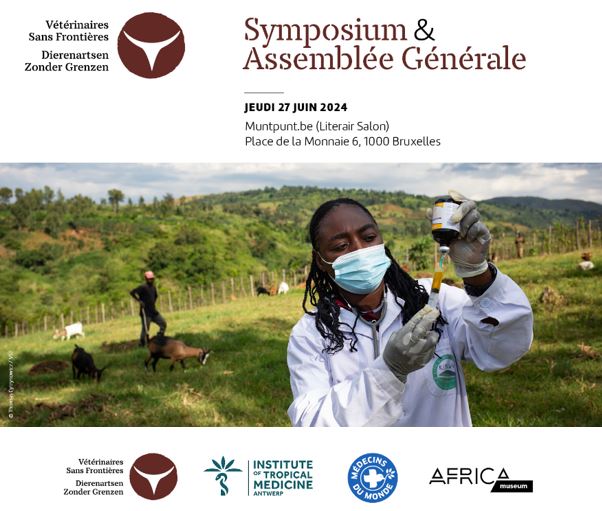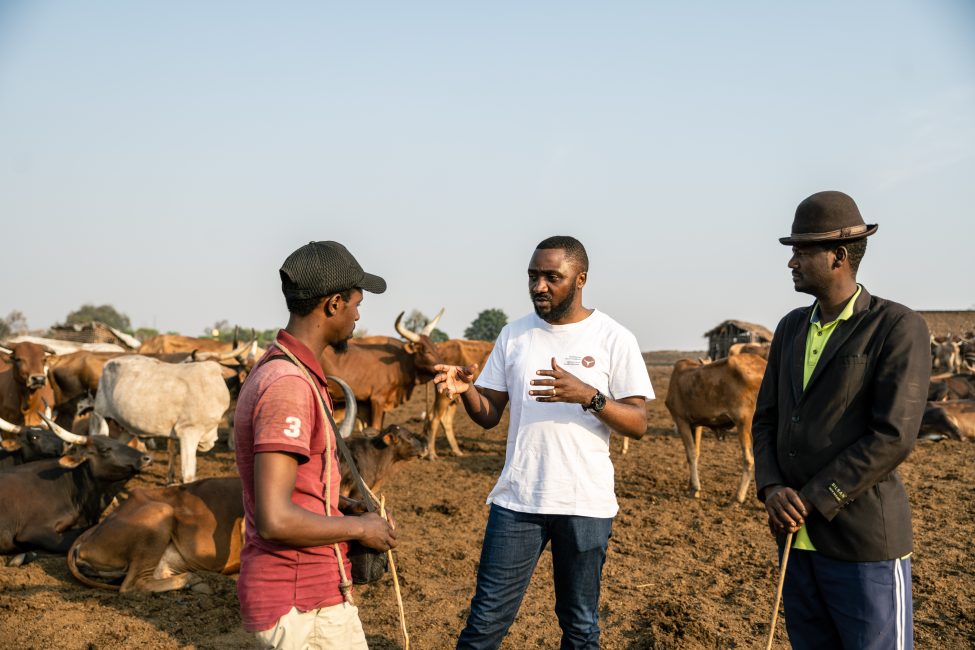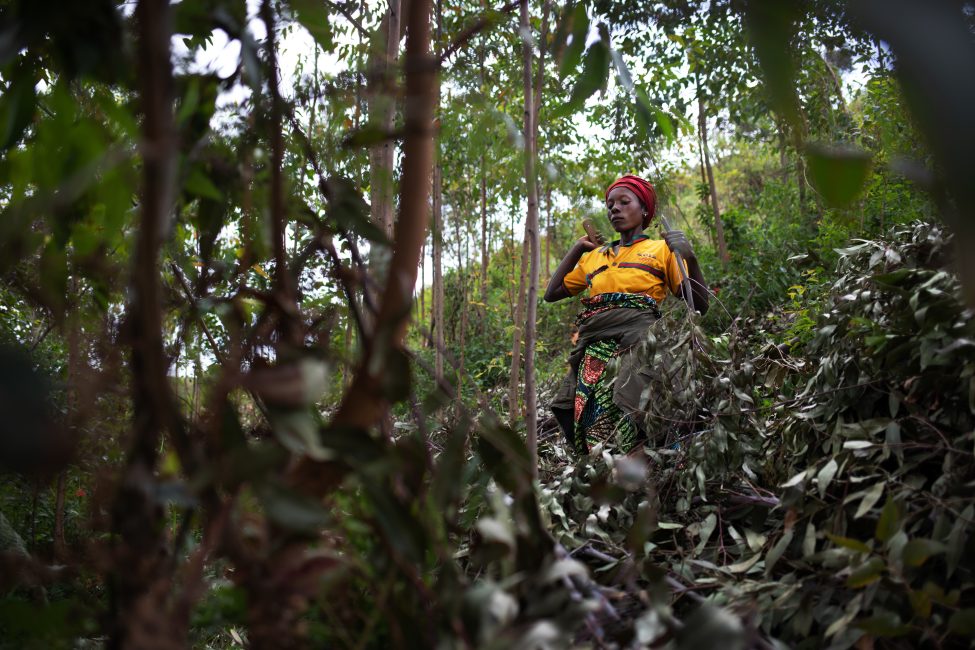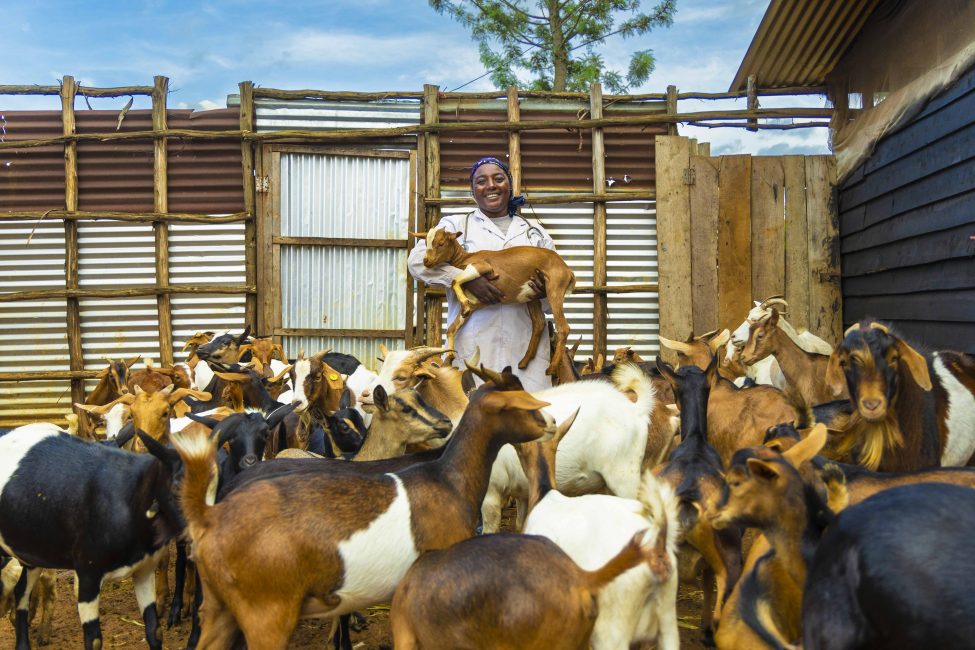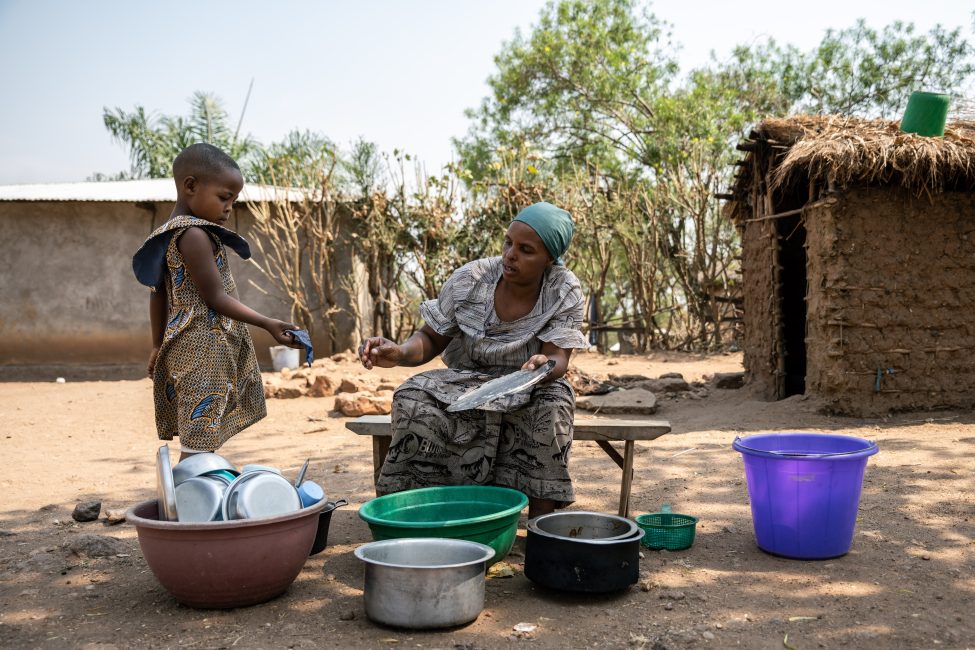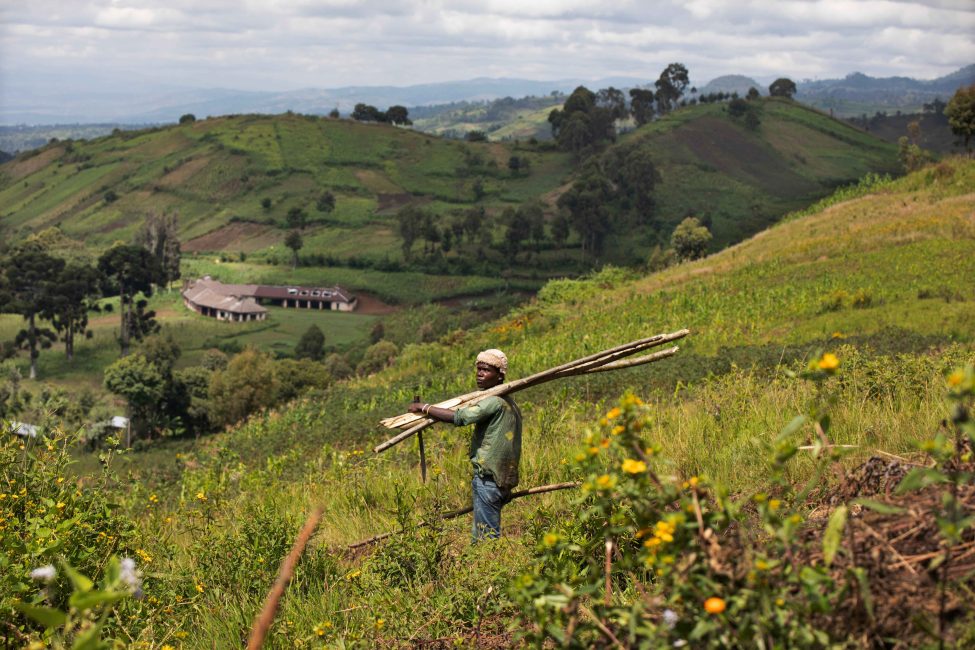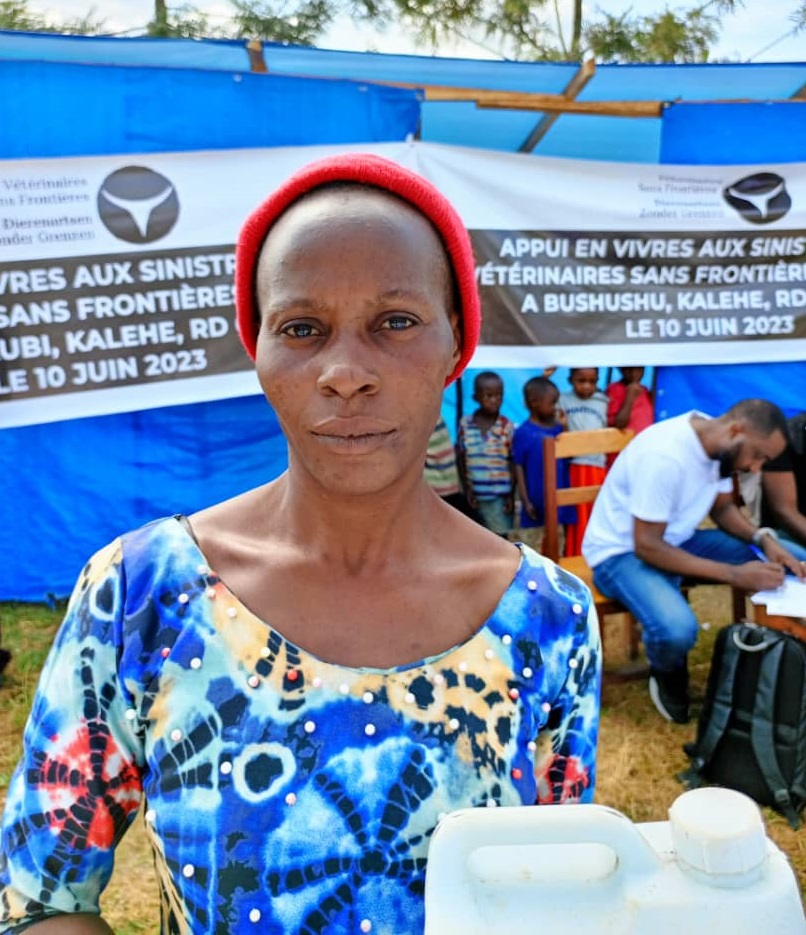November 2023 marked the start of the second phase of our Humanitarian Protection Programme in Burkina Faso, Niger, the DR Congo and Uganda. Eighteen months later, we are seeing how our efforts have changed lives: families who can protect their animals, livestock keepers who stand stronger in the face of the challenges brought by climate change and communities who live together in peace. In this article, you will find out about what we have achieved with our partners.
State of emergency in Eastern Congo: Vétérinaires Sans Frontières Belgium prepares for action
Since the successive seizure of Goma and Bukavu at the end of January, eastern Congo has once again become the scene of bloody conflict. According to the UN Refugee Agency, the fighting has displaced more than 400,000 people since early February. Most of them have lost everything. The humanitarian situation is worsening by the day. Vétérinaires Sans Frontières Belgium is preparing to intervene as quickly as possible to help as many people as we can.
A look back at 2024
From vaccination campaigns in Niger to the launch of a new digital tool in rural Burundi, Vétérinaires Sans Frontières Belgium certainly kept itself busy in 2024. Join us for a look back at our achievements over the past year, with both international and local partners.
Symposium: “Bridging gaps with One Health: challenges & opportunities in the Global South”
Our Annual General Meeting was held on Thursday 27 June. We took the opportunity to organise our first symposium on the “One Health” approach, with guests from the Institute of Tropical Medicine, the Royal Museum for Central Africa and Médecins du Monde Belgium.
South Kivu: “Even when we work in emergencies, our interventions are sustainable.”
After two years of supporting displaced populations in Bwegera, South Kivu, we embarked upon a new emergency programme in Lemera at the end of 2023. This is a new town where our arrival was warmly welcomed by the population. Almost six months after starting our activities there, we checked in with Richard Maisha Barhabula, our humanitarian programmes manager based in Bukavu.
One Health: our pilot project in South Kivu on video
Discover the challenges of the unique One Health project developed by Vétérinaires Sans Frontières Belgium, Médecins du Monde and Action pour le Développement des Milieux Ruraux in South Kivu.
The career path of a female vet in the eastern DR Congo
Dr Safi Ngomora’s daily life has changed considerably since she was selected to expand our veterinary network in Katana (South Kivu) in 2019. Just short of her 31st birthday, this young Congolese woman currently heads a network of 72 community animal health workers who care together for more than 3,500 people’s livestock in the eastern Democratic Republic of Congo. And she doesn’t intend to stop there! Meet a vet who is as inspiring as she is determined.
Supporting displaced populations: our mission in South Kivu
Since April 2021, the village of Bwegera in South Kivu has been hosting displaced families from the highlands and uplands of Uvira territory. The inter-ethnic conflicts there are so violent that many residents have been forced to flee their homes, leaving everything behind. Since October 2021, we have been intervening on the ground to offer assistance to the displaced population and their hosts.
DR Congo: an unprecedented One Health project in the heart of an area at risk from new, emerging pandemics
The Congolese people who live around the Kahuzi-Biega National Park share their homes with their livestock and go into the forest every day, where disease-carrying wild animals live. In doing so, they unwittingly expose themselves to zoonotic diseases that can be transmitted from animals to humans, which is how pandemics such as Covid-19 begin. This observation has prompted the consortium composed of Vétérinaires Sans Frontières Belgium, Médecins du Monde and Action pour le Développement des Milieux Ruraux to develop an unprecedented One Health project to the east of this nature reserve in South Kivu.
Flooding in South Kivu: our campaign to bring relief to the victims
In the night of 4 to 5 May 2023, an unprecedented flood ravaged Kalehe Territory in South Kivu, claiming more than 400 victims and destroying thousands of people’s homes. Thanks to our generous donors, we have been able to provide food aid to almost 300 people. A look back at that terrible night through the stories of three people caught up in the disaster.
- Page 1 of 2
- 1
- 2

